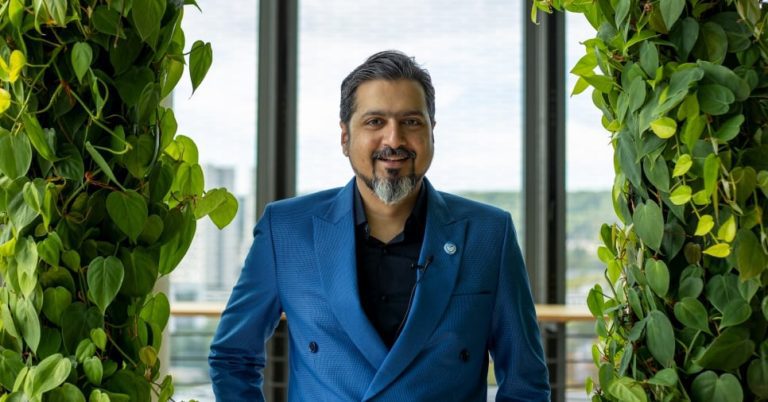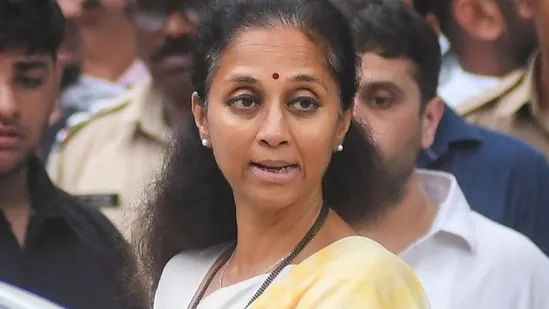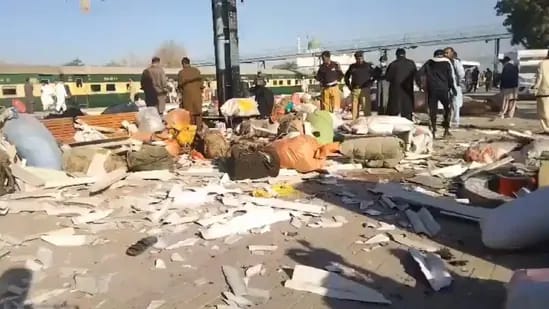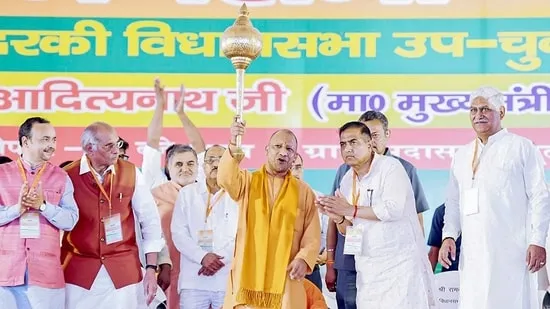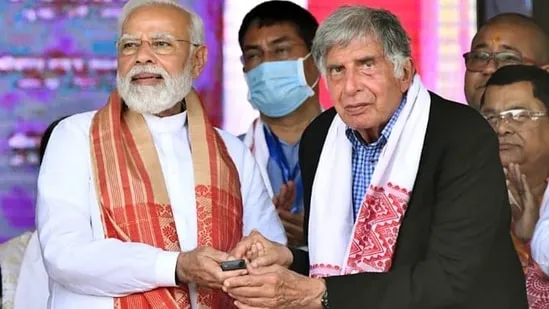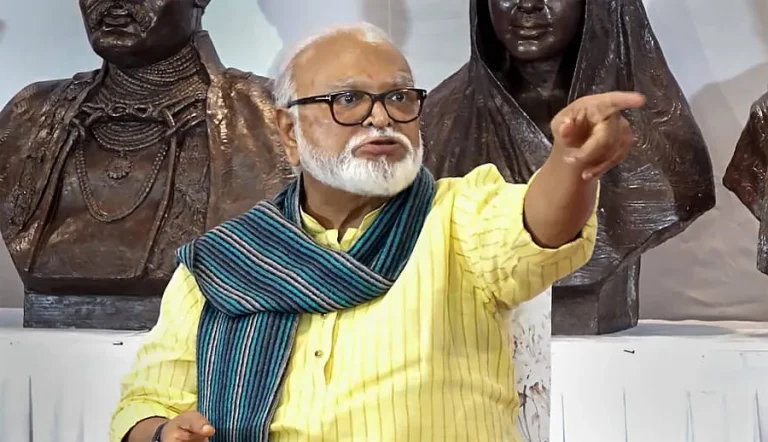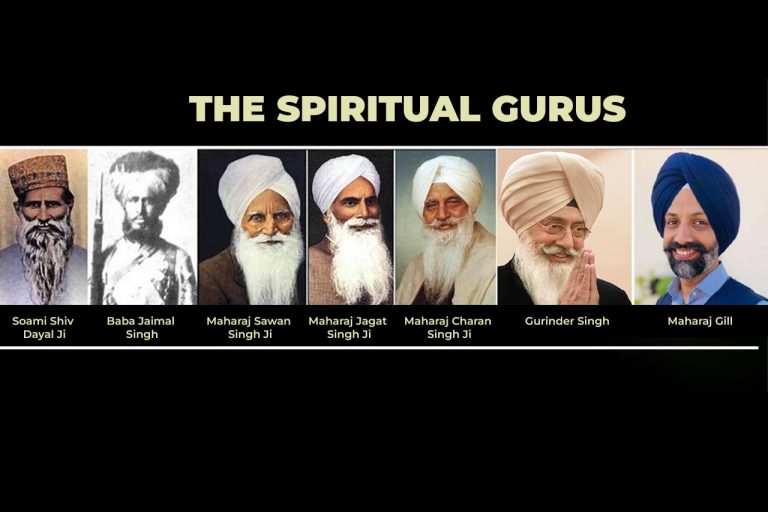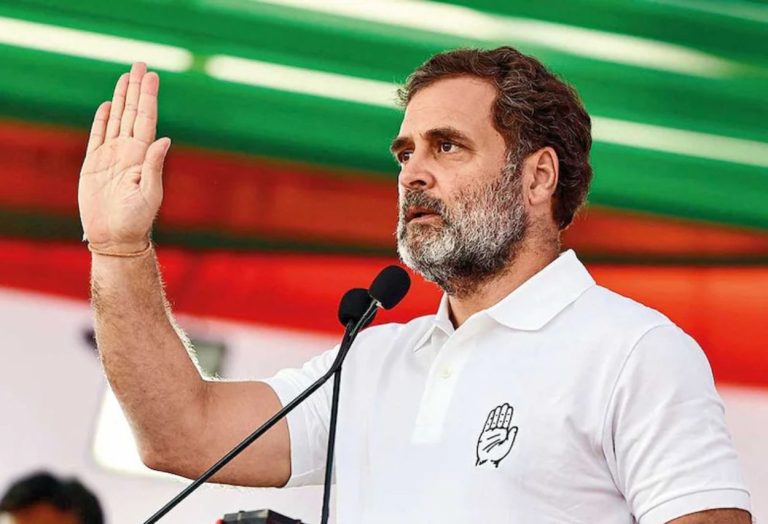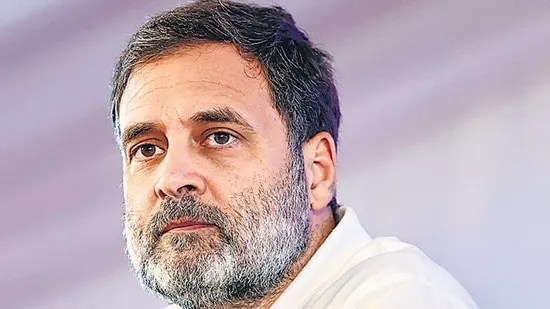BEAS: Radha Soami Satsang Beas (RSSB) has been a source of spiritual guidance for millions worldwide, with a lineage of remarkable spiritual leaders who have upheld the organization’s values since its founding. Each era in RSSB’s history has been defined by the unique leadership qualities and contributions of its Sant Satgurus. Here’s a look at RSSB’s journey through the legacies of its key leaders, including Maharaj Jagat Singh Ji and Maharaj Charan Singh Ji.
The Foundation: Baba Jaimal Singh Ji
RSSB was established by Baba Jaimal Singh Ji in 1891, in Beas, Punjab, after being deeply inspired by his Guru, Swami Shiv Dayal Singh Ji. Known as a deeply spiritual yet simple man, Baba Jaimal Singh Ji focused on spreading the Radha Soami teachings based on Simran (meditation) and the realization of divine presence. His teachings emphasized a spiritual journey that embraced humility, inner peace, and connection with God.
Era of Expansion: Maharaj Sawan Singh Ji (The Great Master)
After Baba Jaimal Singh Ji, the responsibility of leading RSSB passed on to Maharaj Sawan Singh Ji, fondly known as “The Great Master.” His era saw significant expansion, both in terms of the Sangat (congregation) and in the establishment of centers worldwide. Maharaj Sawan Singh Ji guided his followers with compassion and wisdom, delivering Satsangs across India and overseas, making the teachings accessible to many beyond Beas. He also emphasized meditation and moral integrity, helping to transform RSSB from a local congregation into a global spiritual community.
Maharaj Jagat Singh Ji: An Era of Simplicity and Devotion
In 1948, Maharaj Jagat Singh Ji succeeded Maharaj Sawan Singh Ji as the Sant Satguru. Known for his simplicity and humility, Maharaj Jagat Singh Ji was an educated man who served as a chemistry professor and Vice Principal at the Government Agricultural College in Lyallpur. His legacy in RSSB is marked by his deep commitment to the teachings of meditation and spiritual growth, with an emphasis on self-discipline and devotion.
Though his tenure was relatively short, from 1948 to 1951, Maharaj Jagat Singh Ji made a lasting impact on the RSSB community. He fostered an environment of love, devotion, and spiritual discipline, encouraging followers to live with integrity and to engage in regular meditation to attain inner peace. His brief leadership solidified the foundation laid by his predecessors, carrying forward the legacy of the Radha Soami path.
Maharaj Charan Singh Ji: A Period of Flourishing and Expansion
Following Maharaj Jagat Singh Ji, Maharaj Charan Singh Ji became the next Sant Satguru in 1951, leading RSSB until 1990. Maharaj Charan Singh Ji’s era is often regarded as a period of remarkable growth and stability for RSSB. An advocate by profession, Maharaj Charan Singh Ji brought not only spiritual insight but also administrative skills to his role, which greatly benefited the organization.
Under his leadership, RSSB expanded both nationally and internationally, with a substantial increase in the number of Satsang centers across the globe. Maharaj Charan Singh Ji’s teachings emphasized the importance of meditation, ethical conduct, and service to humanity. His eloquent Satsangs and accessible style of teaching made RSSB’s principles resonate with a wider audience. Many credit him with bringing a modern touch to RSSB’s administration and outreach, making the teachings more accessible to those who sought spiritual guidance.
Baba Gurinder Singh Ji Dhillon: A Contemporary Approach to Spirituality
In 1990, Baba Gurinder Singh Ji Dhillon took on the mantle of Sant Satguru, continuing the lineage. Baba Ji’s approach has been noted for its simplicity, focusing on the core values of meditation and the inner spiritual journey. His leadership emphasizes the practical aspects of spirituality, encouraging followers to incorporate meditation into their daily lives while maintaining a balanced approach to worldly responsibilities. Under Baba Ji, RSSB has embraced technological advancements, enabling the dissemination of Satsangs through digital platforms, thus reaching millions of followers worldwide.
The Future: Hazur Jasdeep Singh Ji Gill’s Appointment as Patron
On September 2, 2024, Hazur Jasdeep Singh Ji Gill was appointed as the Patron of RSSB Societies. With a strong background in both academia and corporate leadership, Dr. Jasdeep Singh Gill has been chosen to continue the organization’s legacy in the future. Currently serving under the guidance of Baba Gurinder Singh Ji Dhillon, Hazur Jasdeep Singh Ji Gill is expected to assume full responsibilities as Sant Satguru in due time, marking a new chapter in RSSB’s journey.
RSSB’s Global Influence and Mission
From its humble beginnings in a small town in Punjab, RSSB has expanded into a global spiritual movement with followers from all walks of life. The organization now operates Satsang centers in over 50 countries, helping individuals connect with their inner selves through meditation and ethical living. The teachings of RSSB continue to focus on universal values of peace, compassion, and spiritual growth, transcending geographical and cultural boundaries.
Looking Forward: A Legacy of Spiritual Service
With Hazur Jasdeep Singh Ji Gill poised to take on greater responsibilities, RSSB’s journey is set to continue with its deep-rooted traditions and progressive vision. The organization remains committed to its mission of guiding people toward spiritual fulfillment, inner peace, and self-realization through the practice of Naam Daan (initiation) and meditation.
RSSB’s legacy of spiritual service, built by Sant Satgurus across generations, continues to inspire millions, illuminating paths of self-discovery and divine connection for generations to come.
Radhasoamiji

